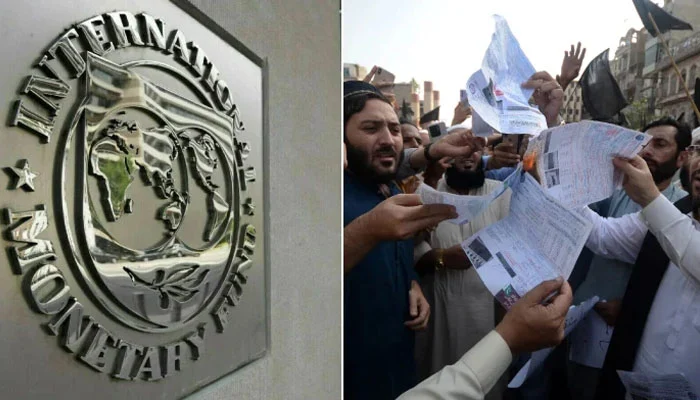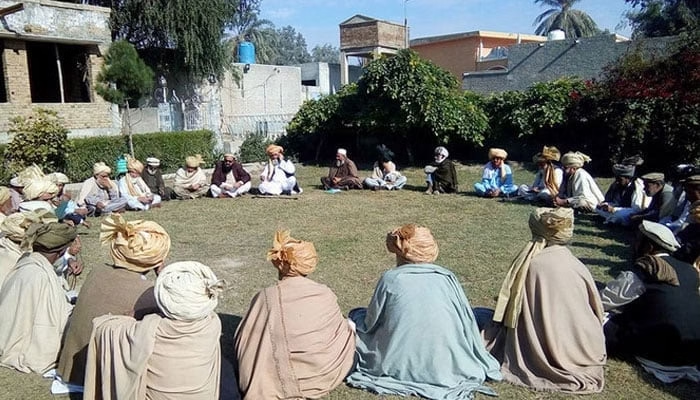The International Monetary Fund (IMF) has rejected the Pakistani government’s relief plan for electricity tariffs, stating that it would have a more significant impact than anticipated. The IMF’s decision comes amid negotiations between the government and the IMF regarding the country’s economic reforms and financial assistance program.
According to reports from sources, the IMF has raised concerns about the proposed relief plan, arguing that it would cost the government more than 15 billion Pakistani rupees instead of the initially estimated 6 billion rupees. The IMF has insisted on fully meeting the 15 billion rupees fiscal target.
The new plan is expected to be discussed again between IMF officials and the Ministry of Finance. It appears that both parties will engage in further dialogue to reach a consensus on the matter.
It’s worth noting that the relief plan for electricity bills involved seeking exemptions from budget cuts, and the IMF had previously requested a review of this initiative. Additionally, there has been a request to the IMF to extend the adjustment period for tariff increases and fuel price adjustments by three to six months.
Following the government’s claim that it had achieved the electricity bill collection targets for August, concerns had arisen regarding the possibility of increased tariffs and subsidies.
Government sources have confirmed that Pakistan has requested a three to six-month extension from the IMF for implementing the quarterly tariff adjustments (QTA) and fuel price adjustments (FPA) schemes. This extension could incur additional costs, requiring mutual agreement between both parties.
The QTA for August raised electricity tariffs by 5 Pakistani rupees per unit, while the FPA increased fuel prices by 2.72 Pakistani rupees per unit. Given the regulatory approval, there is a possibility of further increases in electricity prices by approximately 7.50 rupees per unit in September’s bill, effectively including these adjustments in the tariffs.
However, government officials have stated that the collection of electricity bills for August exceeded their expectations, indicating that the targets were met. As a result, there is optimism that the IMF’s request for additional tariff increases and subsidies may not be necessary.
The government is confident that the improved collection of electricity bills for August 2023, along with the government’s commitment to better financial management, will help alleviate concerns and bring about a resolution to the issue. The onset of the winter season after October may also provide relief from the problem of increased tariffs.
As negotiations continue between Pakistan and the IMF, the outcome of discussions regarding electricity tariffs and subsidies will have implications for the country’s economic reform agenda and financial stability. Both parties will seek to balance economic reforms with measures to mitigate the impact on consumers and address fiscal challenges.



